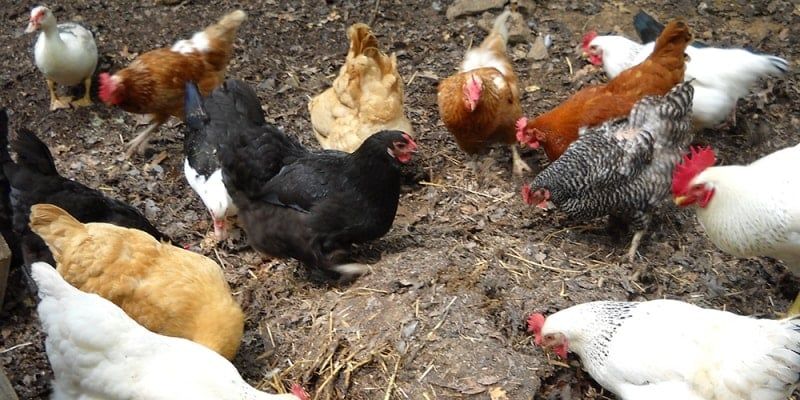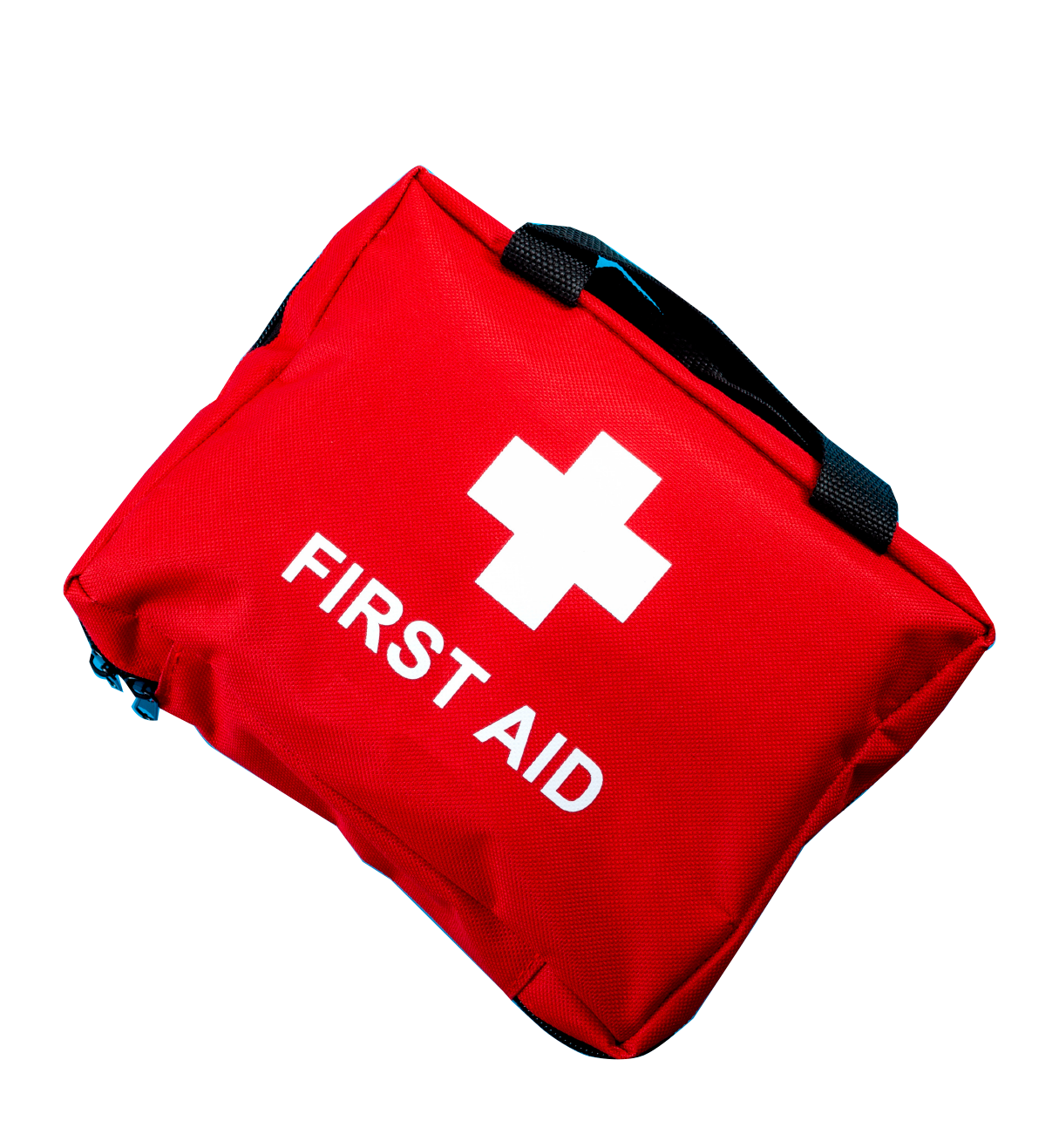Keep Backyard Chickens Outside to Protect Your Family's Health


An increasing number of people around the country are choosing to keep poultry—like chickens and ducks—as part of the local foods movement. Many people consider them pets, going as far as naming their birds. When I was growing up in rural Texas, we had chickens, ducks, geese, turkeys, and even guinea fowl. And each one had a name.
Poultry and Salmonella
Poultry love the outdoors. They explore the yard, hunt for bugs and other goodies, and scratch the ground. While doing this, they can pick up germs like Salmonella, which they can also spread around the environment where they roam. Baby poultry can get Salmonella germs from mother birds and spread those germs soon after hatching. Salmonella germs naturally live in the intestines of poultry and many other animals, such as reptiles, amphibians, and rodents. While Salmonella germs usually don’t make poultry sick, they can cause serious illness when passed to people. These germs can live in the environment for long periods—sometimes years. The last place you want Salmonella germs to settle in is your home.
Let Poultry Live Outside
To decrease the chance of Salmonella germs making their way into your home and causing illness, it’s important to keep live poultry outside of your home. Keeping poultry outside helps ensure that these harmful germs can’t contaminate your home and spread illness to your family.
Baby poultry need to be kept in warm conditions, but that doesn't mean you need to bring them into your home. Some poultry sneak indoors when they have the opportunity, and some people treat their poultry like cats or dogs and bring them indoors when temperatures drop. Regardless of the reason for bringing poultry inside your home, it puts you, your family, and anyone who visits your home at risk for Salmonella infection.
Chicken diapers aren’t enough to contain Salmonella germs. Poultry feathers and feet can have Salmonella germs on them that are too tiny to see with your eyes. Birds can appear clean and healthy but be covered in germs that can make people sick—even when they're wearing diapers.
Tips for Avoiding Home Contamination
- Use an outdoor brooder for baby poultry. Don’t use a bathtub or shower in your home as a brooder, even if it’s your spare bathroom. You can keep baby birds safe and healthy while keeping them outside of the home (and not with a heat lamp).
- Create a safe area to separate sick and injured birds outside or in your garage. When birds are sick or injured, they get stressed out. Changing the birds’ normal environment can also cause stress, which can increase shedding of germs like Salmonella.
- Don’t wash your birds in the kitchen or bathroom sink to get them ready for shows or other events. This can cause cross-contamination of food, drinks—and even your toothbrushes—to help the germs spread much more easily.
- Clean and disinfect all equipment and materials associated with raising or caring for live poultry outside the house, like feed and water containers and cages.
- Have a pair of shoes dedicated to coop-cleaning duty. After cleaning poultry housing areas, remove these shoes or boots outside of the home to keep the germs outside.
- When outside, don’t eat or drink in areas where the birds live or roam.
Always Wash Your Hands
Just like washing your hands after handling raw poultry in the kitchen, it is important to wash your hands immediately after touching live poultry or anything in the area where they live and roam. Germs on hands can easily spread to other people.
While you enjoy the benefits of backyard chickens and other poultry, it’s important to know how to prevent illness from germs like Salmonella. Remember, for young children, Salmonella infection is a big risk for making them sick. The good news is that you can follow these simple steps to reduce the risk of getting sick from your backyard poultry. A veterinarian with training to take care of poultry is a great resource for more information about preventing Salmonella infection in people and protecting your birds’ health.
Hand-washing tips
- Wash your hands thoroughly with soap and water immediately after touching live poultry or anything in the area where they live and roam.
- Use hand sanitizer if soap and water are not readily available.
- Adults should supervise hand washing for young children.
- Wash your hands after removing soiled clothes and shoes.
Fast Facts
- Backyard poultry have many benefits, but they can pose some health risks to people.
- Poultry can appear healthy while carrying germs that make people sick, like Salmonella.
- Salmonella infections can cause more than just a few days of diarrhea and discomfort, ranging from mild to life-threatening symptoms. While anyone can become ill with Salmonella, children, pregnant women, older adults, and people with weakened immune systems are especially susceptible.
- Knowing the risks and simple steps you can take to protect yourself and your family is the first step to preventing infection.
- Any age and any type of poultry, including those in backyard flocks and organically fed poultry, can have and shed Salmonella germs while appearing healthy and clean.
Learn more about infections that can pass from animals to humans at www.cdc.gov/zoonotic/gi
Learn more about how to protect yourself and your flock by following our blog!
Tags:Healthy Flock

Chicken Whisperer is part of the Catalyst Communications Network publication family.










